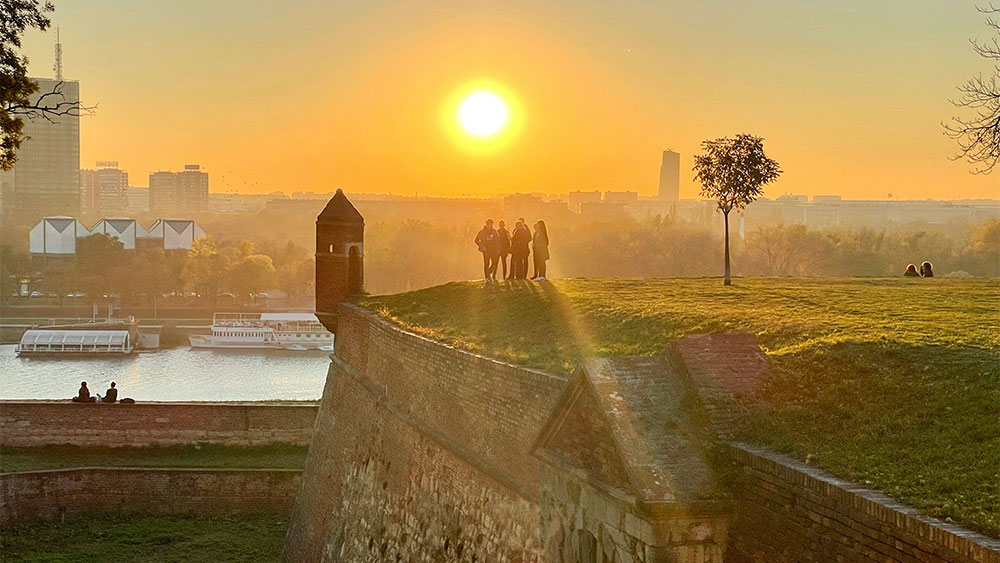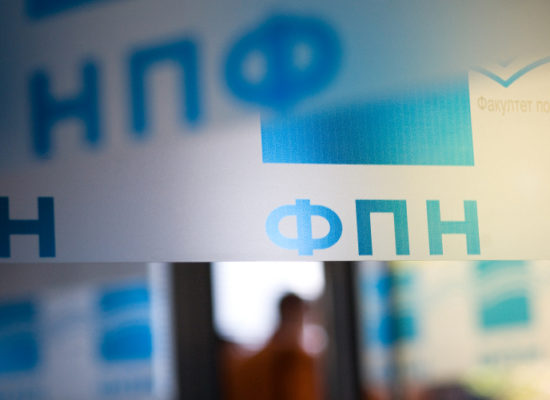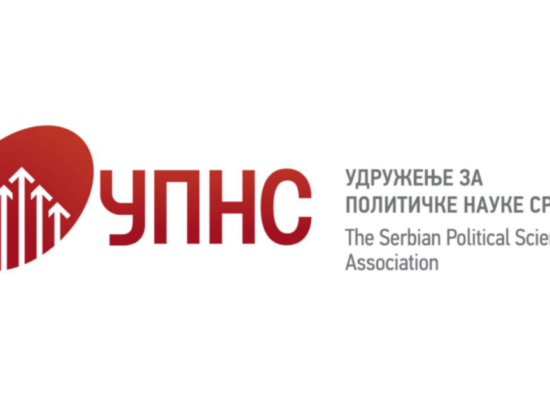
Summer School for Master’s students – The Crossroads of Democracy and Development: Challenges and Innovations
Summer school in Belgrade for Master’s students.
Dates: 2–6 June 2025. Apply by 28 February.
The Circle U. summer school “The Crossroads of Democracy and Development: Challenges and Innovations” will be held from 2 to 6 June 2025 at the University of Belgrade.
This interdisciplinary course provides an in-depth examination of the challenges that the democratic (liberal) order faces in today’s world. These challenges include democratic backsliding, the rise of cultural wars, deepening polarization within societies, reversed globalization, protectionist economic measures, and weakened support for multilateralism. The course explores innovative models and approaches to economic and social development, with a primary focus on countries in the Global South. These models offer potential alternatives to addressing the challenges faced by the contemporary liberal order.
Students will employ various analytical tools to critically assess and understand the significance of factors such as elections, free media, alleviation of inequality and poverty, corruption, and populism in sustaining democratic societies.
This course is offered as part of the Circle U. alliance, allowing students to gain insights from experts across Europe on topics related to democratic and economic governance. Students will be introduced to the major theoretical and empirical approaches to the study of democracy and development. Governance will be explored in depth, particularly focusing on the roles of multilateral organizations, national governments, and civil society actors
Programme
This Blended Intensive Programme (BIP) consists of one digital lecture in April or May 2025 and a week-long, in-person course at the University of Belgrade in the period 2–6 June 2025.
Download the schedule for the week in Belgrade (pdf)
The Summer school will mainly be taught by professors and lecturers from Circle U. member universities. See “Lecturers” below.
The students will be expected to actively engage in class discussions and group work.
Why you should apply
During the Summer School, you will have the opportunity to:
- Gain a deeper understanding of the factors shaping global politics in the 21st century;
- Apply various theoretical and empirical tools to critically assess key issues such as elections, free media, corruption, and populism, thereby enhancing the ability to engage with contemporary debates and policies;
- Learn more about development models from the Global South, which offer different perspectives on how countries can address inequality, poverty, and other systemic issues;
- Integrate insights from political science, economics, sociology, development studies, and international relations, providing an interdisciplinary approach to understanding the complexities of democracy and development
- Learn about the roles of governments, multilateral organizations, and civil society in promoting good governance and sustainable development, thus be able to engage effectively in global or national policy discussions.
- To connect with students and professors from around Europe, and to foster international collaboration and exchange.
Information about Lecturers, Target audience and eligibility, ECTS, Costs and funding, and Application guidelines can be found at: https://www.circle-u.eu/open-campus/summer-schools/belgrade/index.html
Submit your application by 28 February 2025
Key information
- Dates: 2–6 June 2025 plus one digital lecture in April/June
- Location: University of Belgrade
- Level/target group: Master’s students
- ECTS: 5
- Language of instruction: English
- Costs: Tuition is free of charge. Participants should contact their home university’s international office to find out about potential support for travel, accommodation and subsistence costs.
- Number of places: 35
- Application deadline: 28 February 2025
- Contact:
– Academic contact: prof. dr Nemanja Džuverović, University of Belgrade (nemanja.dzuverovic@fpn.bg.ac.rs) and prof. dr Dan Banik, University of Oslo (dan.banik@sum.uio.no)
– Administrative contact: Miloš Bojičić, University of Belgrade (milos.bojicic@rect.bg.ac.rs)
Photo: Sunset at Belgrade Fortress. Photo by Aleksandar Pavlovic on Unsplash


